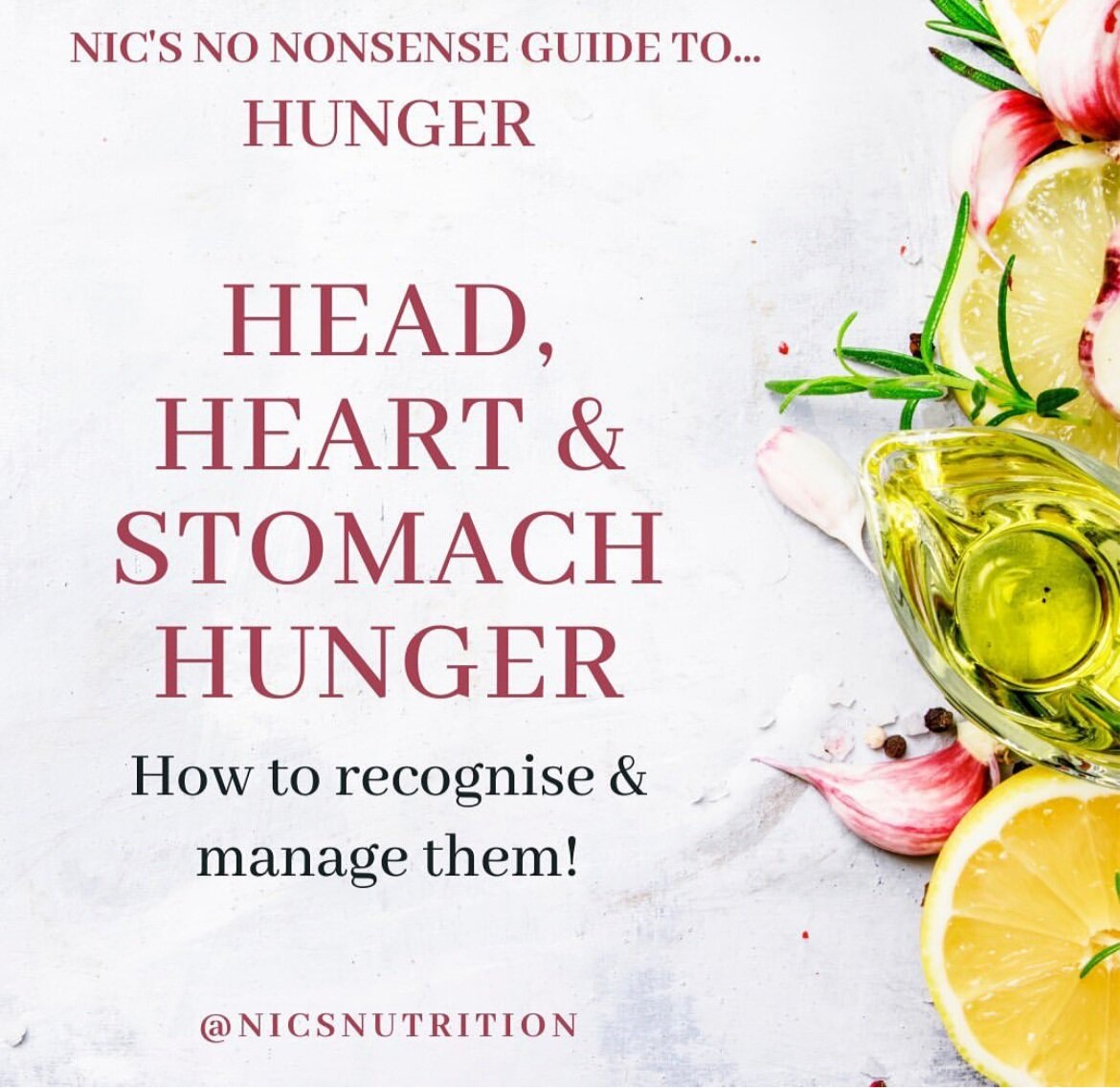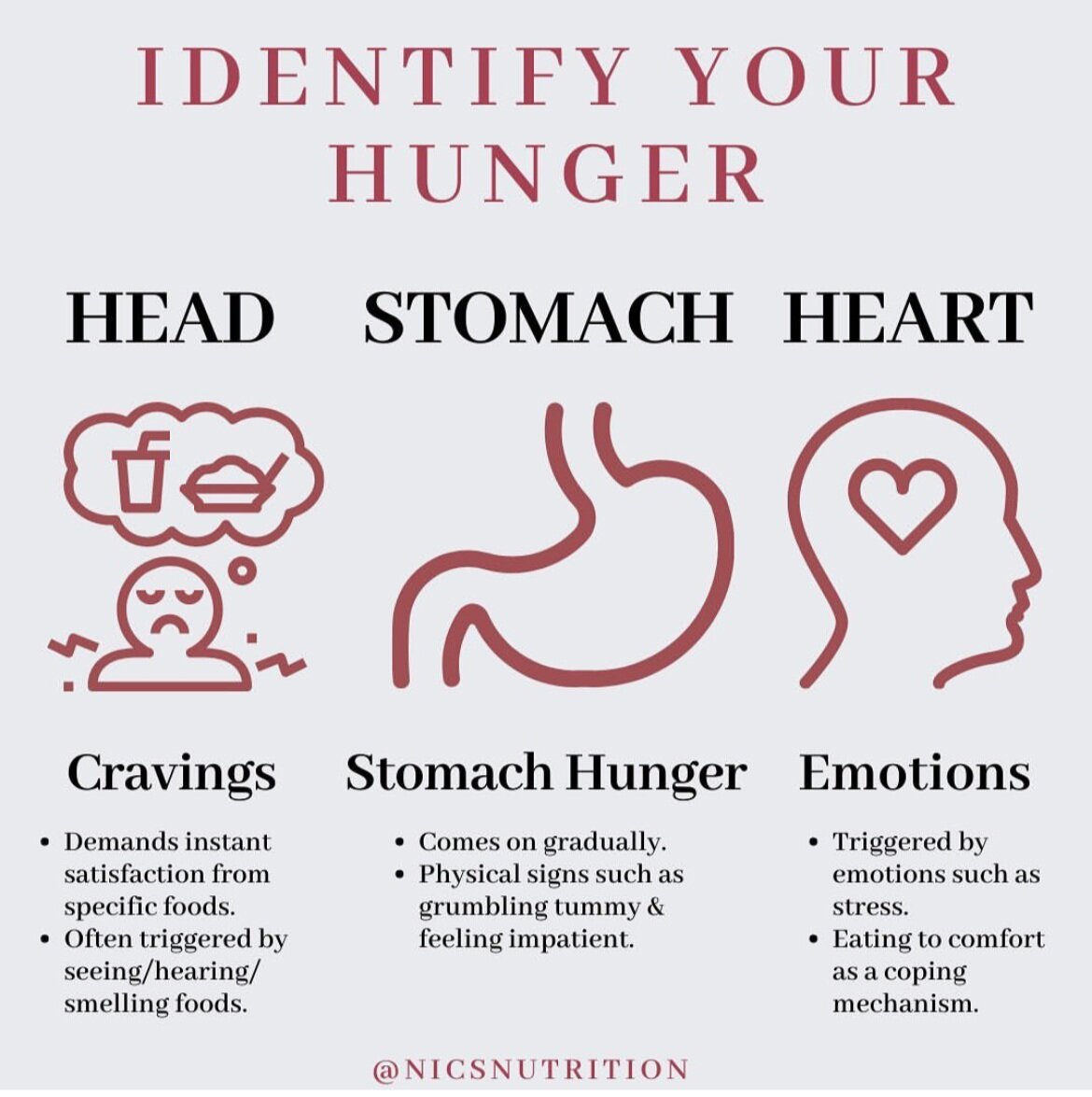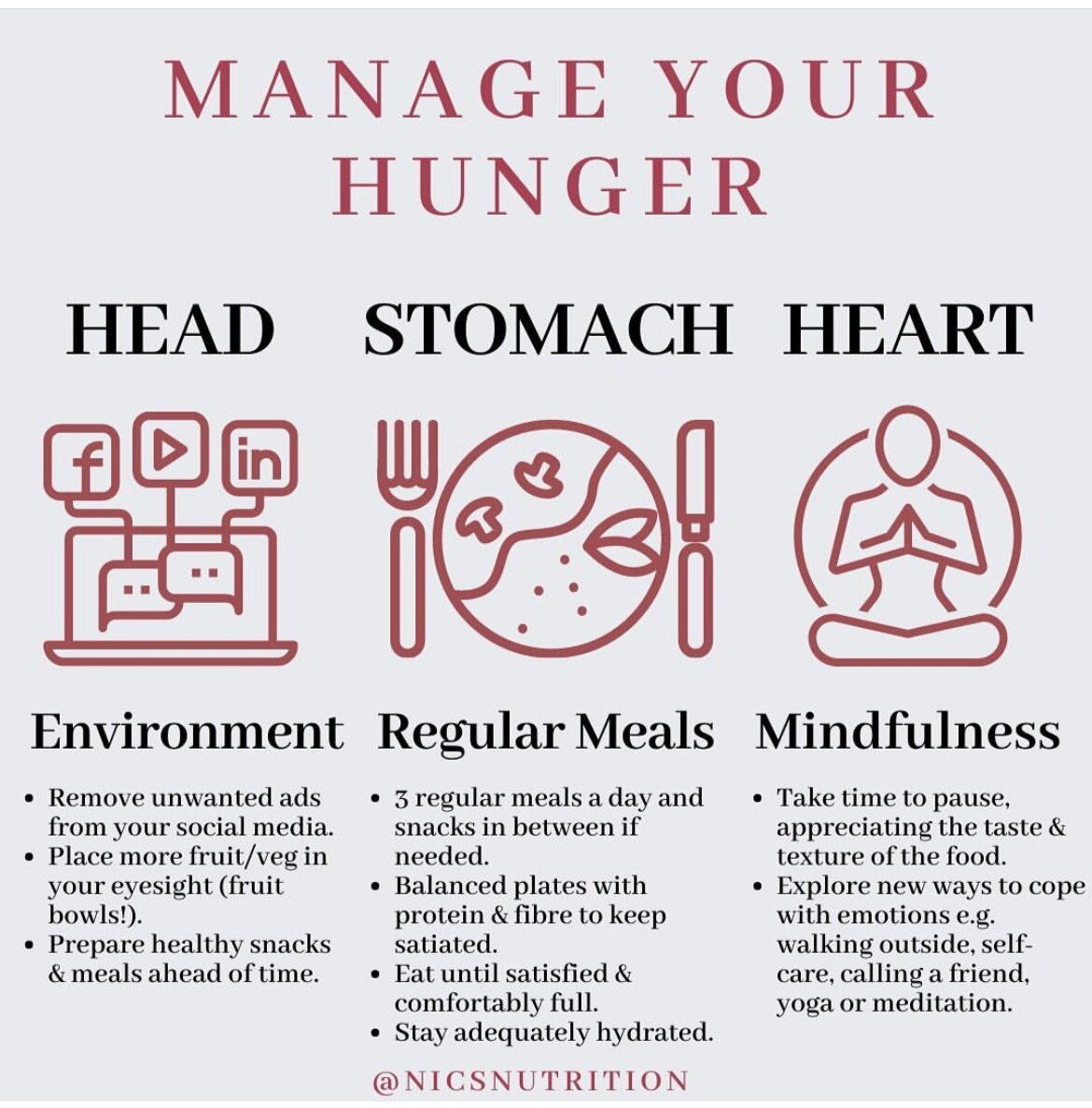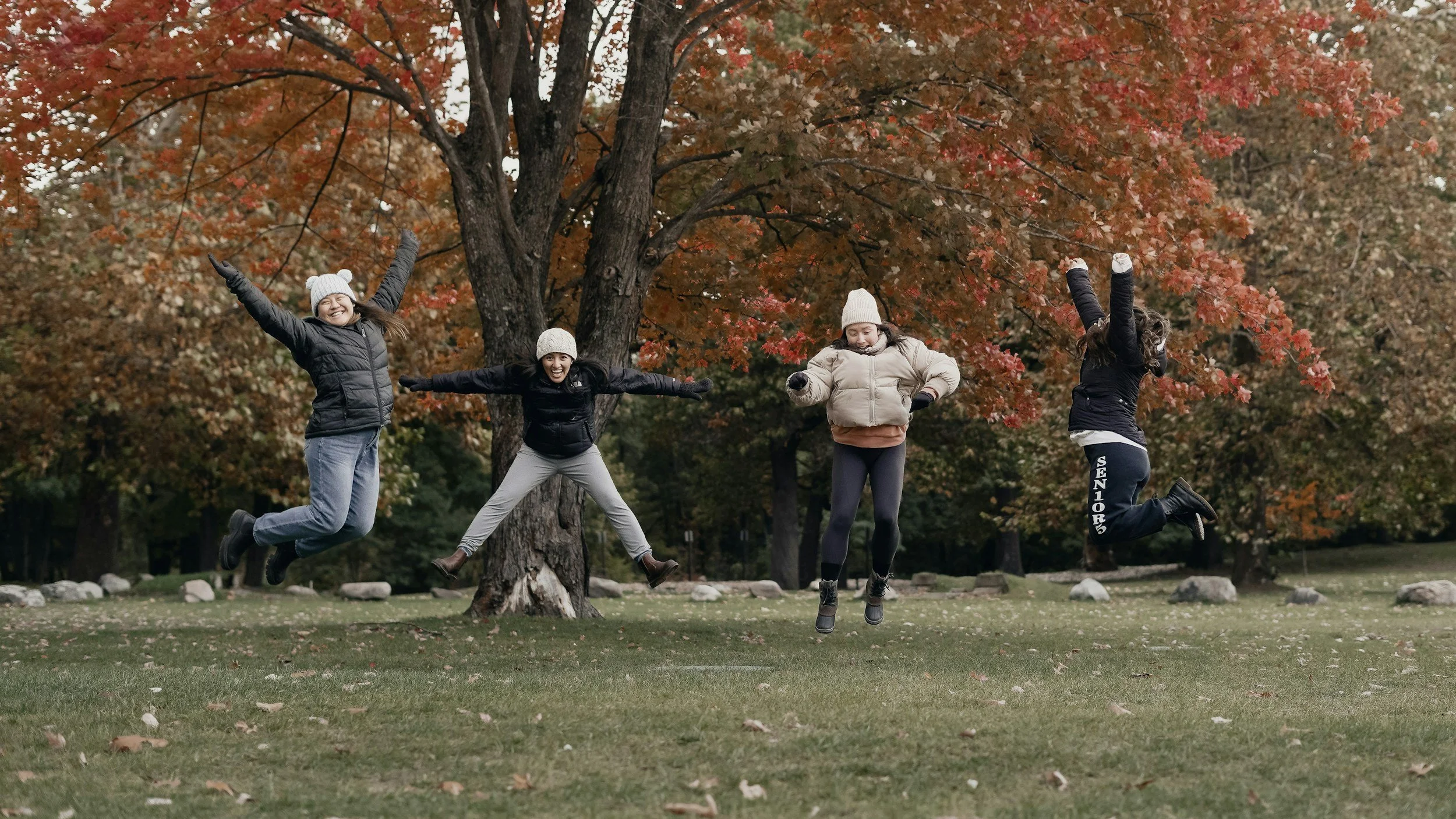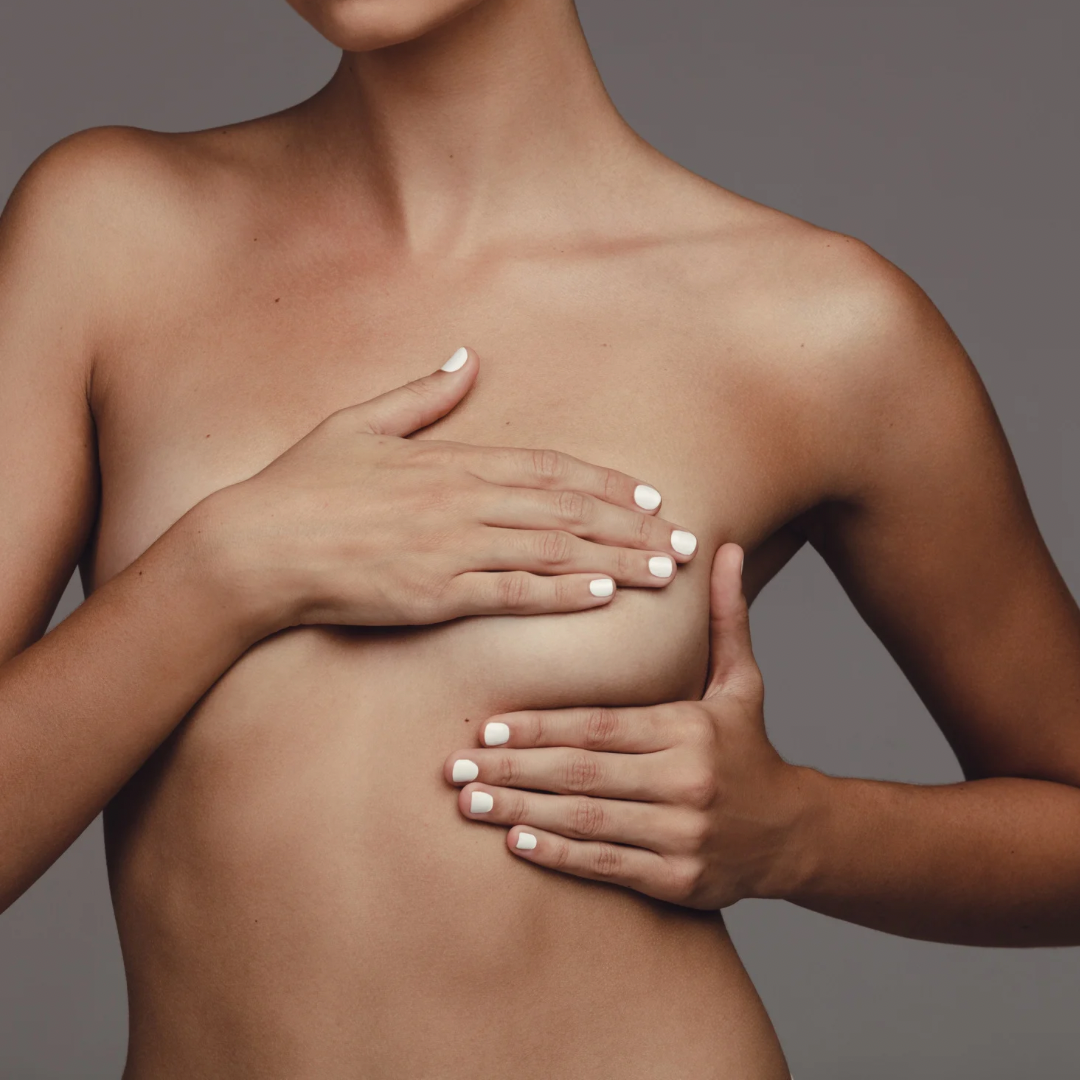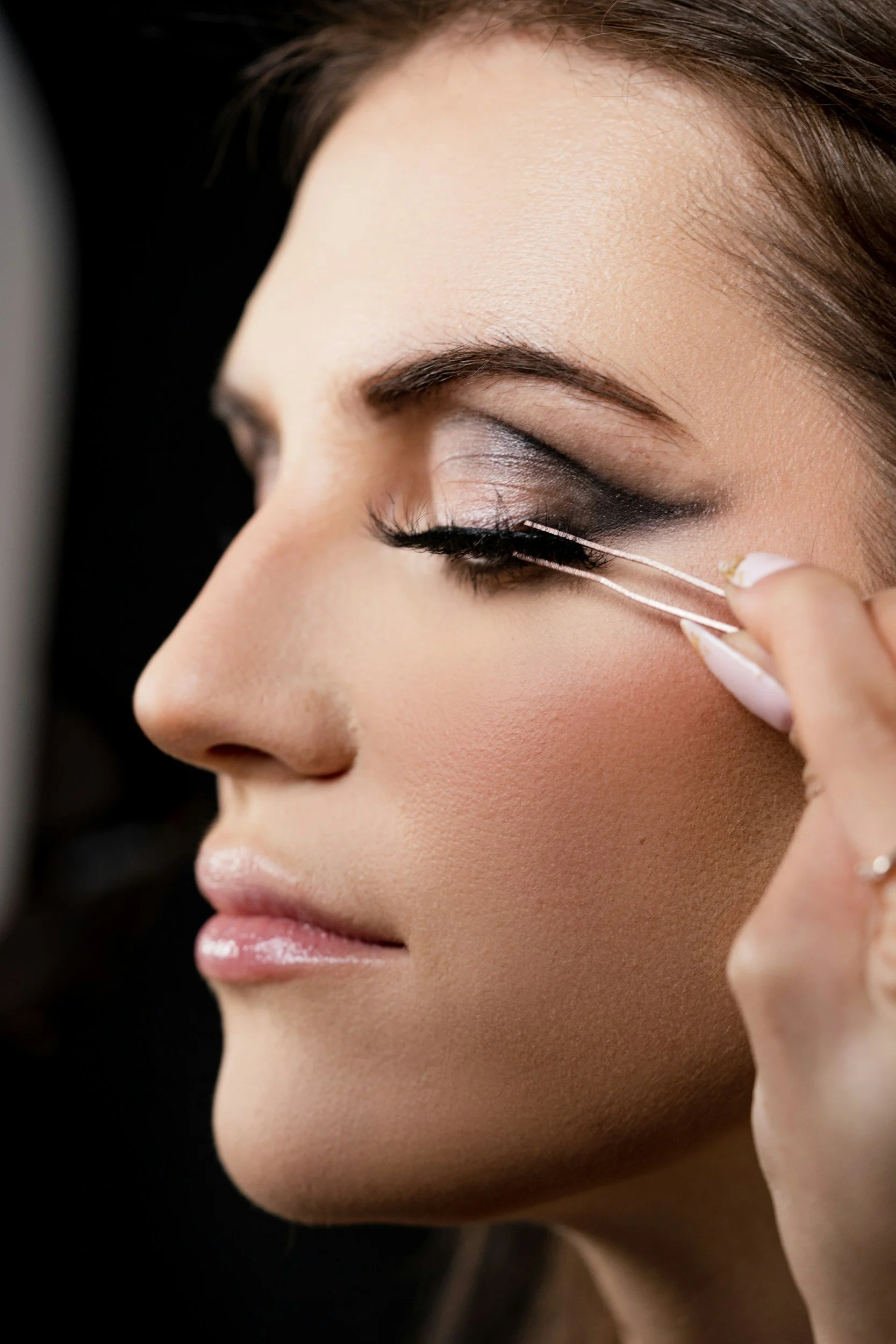Food Truths with Specialist Dietician Nichola Ludlam-Raine
Specialist Dietician and Nutritionist Nichola Ludlam-Raine. Pic credit: @nicsnutrition
Whether it’s on the TV, social media or in the press, the conversation around dieting, food & nutrition can often seem impossible to get away from. Over the past year, as well as everything else that’s been going on, it also seems that there have been even more people (unqualified in the field of nutrition & dietetics) communicating conflicting and sometimes scientifically incorrect advice. Understandably, it can be confusing to work out what to believe. To help separate fact from fiction, I wanted to share my top 10 food truths, alongside some helpful food principles for you to consider when making choices about what you eat.
Fact or Fiction - Food Truths
1. There’s NO such thing as ‘good’ and ‘bad’ foods - All foods can feature in a balanced diet! It’s the quantity and frequency of foods that matters.
2. Sugar ISN’T bad for us - Yes, too much can contribute to tooth decay & consuming too many calories, but in moderation a little added/free sugar is AOK & in general people aren’t consuming excessive amounts of fruit & milk which provide natural sugars.
3. Everything you read about food and health ISN’T true - Check who wrote it, what qualifications do they have?
4. Carbs are NOT the enemy - They are our body’s and our brain’s main source of fuel! Wholegrains are also rich in fibre & vitamins.
5. You CAN eat foods that you can’t pronounce - Even vitamins have complex names! This isn’t a rule to live by.
6. You DON’T need to eat like your friends or other people - You are unique, our energy & nutritional needs will differ.
7. You SHOULDN’T have to sort your food issues by yourself - Speak to your GP or a dietitian/registered nutritionist for guidance.
8. You DON’T need to count calories - Trust your hunger & fullness cues, practice mindful eating!
9. You SHOULDN’T compare your body to others - We each come in different shapes and sizes, which is what makes us so interesting and beautiful, we are more than our body.
10. You SHOULD celebrate food! - Food does not just = fuel! It’s so much more than that. Eat to live AND live to eat.
What is Intuitive Eating?
Intuitive eating (IE) is a technique which focuses on learning how to eat in line with your body's natural appetite, through recognising physiological cues such as tummy rumbles or feeling full!
The technique focuses on some main principles:
Ditching the diet mentality. IE is not a diet.
Understanding your hunger. Responding to early signs of hunger, to avoid overeating when feeling starved.
Letting go of food rules. Food is not the enemy!
Mindful eating, there are no “good” or “bad” foods.
Respect fullness. Your body tells you when you’re full, it’s about recognising this.
Experience satisfaction. Eating should be a pleasurable experience!
Honour your feelings. Finding other ways to cope with emotions, without using food
Body acceptance and respect, recognising your body’s capabilities.
Exercise for joy. Feeling energised, strong and different!
Developing sustainable eating habits. Choosing foods that make you feel better and improve your health..
IE has been linked to improved body satisfaction, optimism, self-esteem and physiological markers of health, such as cholesterol levels, blood pressure and blood glucose control!
For a much deeper insight I’d recommend reading ‘The Intuitive Eating Book’ by Evelyn Tribole & Elyse Resch, who originally developed IE.
If you feel you need further support with mastering IE, seek the help of a dietitian or registered nutritionist specialising in this area.
The 3 Types of Hunger
Hunger… we all experience it! However, it can be difficult to differentiate between the types of hunger we experience. This is something I often discuss in my dietetic clinics, and it can take time to understand your own triggers for eating aside from physiological needs. I really hope you find this post useful if this is something you find challenging!
𝐇𝐄𝐀𝐃 𝐇𝐔𝐍𝐆𝐄𝐑
Spontaneous food cravings are often triggered by eye hunger - i.e. when we’re scrolling through social media looking through drool-worthy food pics, or we see an advert for a particular food/restaurant whilst out and about. Head hunger can arise suddenly & demands to be satisfied instantly, although you may not feel completely satiated or satisfied after. You may also find that you often develop a craving for a specific food.
Of course it’s great to try new foods, variety is the spice of life! However, it can be costly for our wallets as well as our health (depending on the food!) if we always honour head hunger.
𝐒𝐓𝐎𝐌𝐀𝐂𝐇 𝐇𝐔𝐍𝐆𝐄𝐑
Physical feelings of hunger that come from the stomach include a rumbling tummy, a feeling of being ‘hangry’, impatient or even fatigued/lightheaded if you’ve not eaten for a number of hours (which of course isn’t recommended!). In comparison to ‘head hunger’ stomach hunger comes on gradually and builds until we eat again. We need food for both energy and nutrients, so it’s important to satisfy this hunger and not put it off until it’s too late.
If we’re ravenous when it comes to eating again, it can be easy to eat too quickly, potentially causing us to overeat until we’re at the other end of the hunger scale, feeling uncomfortably or painfully full.
𝐇𝐄𝐀𝐑𝐓 𝐇𝐔𝐍𝐆𝐄𝐑
Caused by emotions (negative or positive!) e.g. eating for celebration, or commiseration. Using food as a reward or pick-me-up from time to time isn’t necessarily a bad thing, however when it becomes your primary coping mechanism you can get into an unhealthy cycle where the real feeling/issue is not addressed.
For more helpful tips and advice watch Nichola #inconversation with Natalie Anderson over on Instagram.
You can also visit Nicholas website www.nicsnutrition.com where you’ll find her latest recipes, blog posts and specialist advice on nutrition and meal planning.
Nichola Ludlam-Raine is a Specialist Registered Dietician, specialising in Bariatric Surgery, Diabesity (Diabetes & Weight Loss) and Maternal Obesity. She works both privately and for the NHS. She is also a regular contributor to BBC Breakfast.


